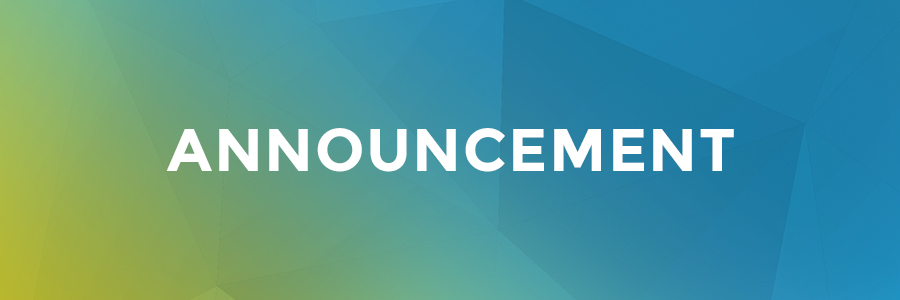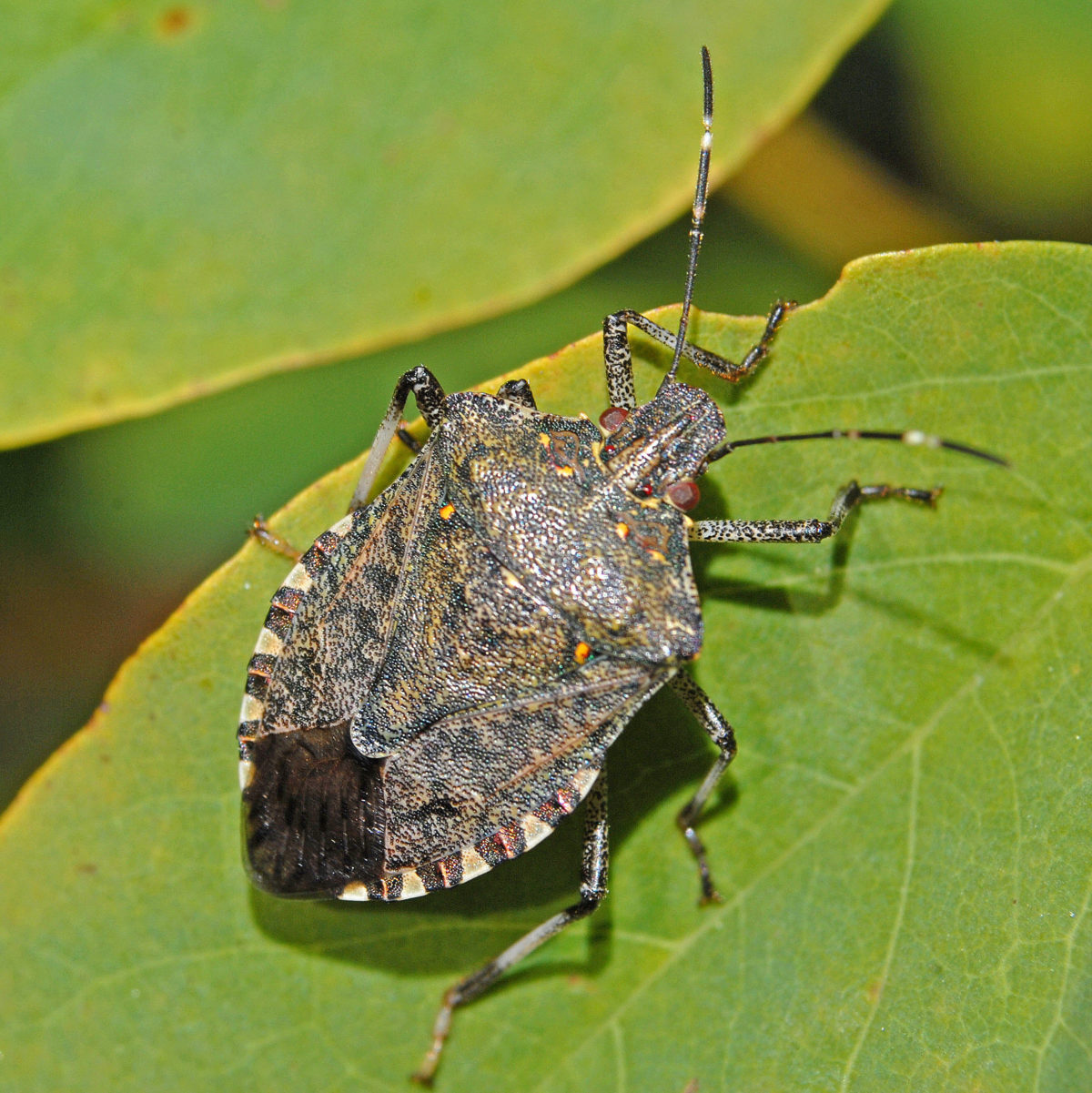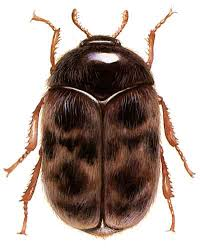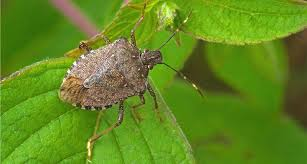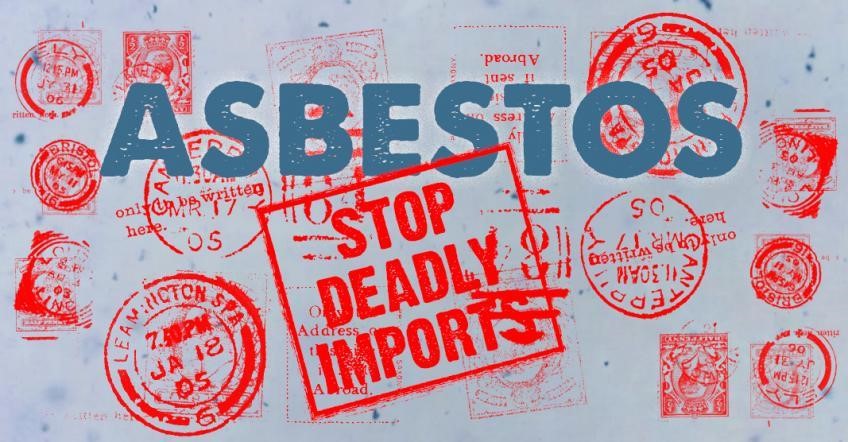We are being advised by Shipping Lines that there is a serious shortage of 20ft, 40ft and 40ft High-Cube containers in Asia.
China are reporting equipment shortages in all ports, particularly for 40ft GP and 40ft High-Cube containers.
China, as the only fully COVID recovered manufacturing country has been exporting larger volumes than normal over recent months and the empty equipment is being retained in the receiving countries with little volumes from most countries being re-exported back to Asia.
Australia, with our recent industrial problems also has empty equipment stockpiled, it is estimated that Sydney alone has some 100,000 empty containers at present, most being unable to be repatriated to origin ports due to the on-going port congestion.
Malaysia, Thailand, Vietnam and Indonesia are also advising an acute shortage to the point that some lines are now only releasing empty equipment to shippers/consignees that are prepared to pay a premium rate to destination.
Our GPSM Customer Service Team will keep affected clients advised of issues on a case by case basis.
It is expected this situation will persist for some time and poses more issues in 2021 as we head towards Chinese New Year in mid-February 2021.
Port Congestion:
Transhipment ports in Singapore, Port Klang, Ningbo, Shanghai and Hong Kong continue to experience heavy congestion and delays as they deal with unprecedented container volumes.
Los Angeles/Long Beach ports are also experiencing heavy volumes and schedule delays.
UK ports are heavily congested, shipping lines and consolidators have imposed Port Congestion Surcharges as many importers are unable to accept deliveries due to COVID lockdowns.
Auckland is also heavily congested with many lines opting to bypass the port of find alternative ports for discharge.
Sydney berthing congestion has eased, Patrick Terminal delays are down from 18 days delay to around 10 days, DP World and Hutchinson’s Terminal now at 0-2 days delay.
The GPSM team have been working their “wonders” to avoid as many delays as possible for clients under current difficult circumstances.
Sydney Empty Container Parks:
All empty container parks in Sydney are 100% full to capacity, GPSM are storing some containers at our Enfield Yard and the Transport Team have been using their close contacts with the port terminals to deliver empties back to the port directly.
Unfortunately these deliveries come with extra costs for vehicle booking and terminal direct fees, our team are working with affected clients closely in an effort to avoid empty detention charges that are still being applied by lines.
One vessel only was chartered by lines especially to collect empties in Sydney for return to Asia, however it faced delays in berthing of some 12 days and is only expected to move some 5,00 + containers.

